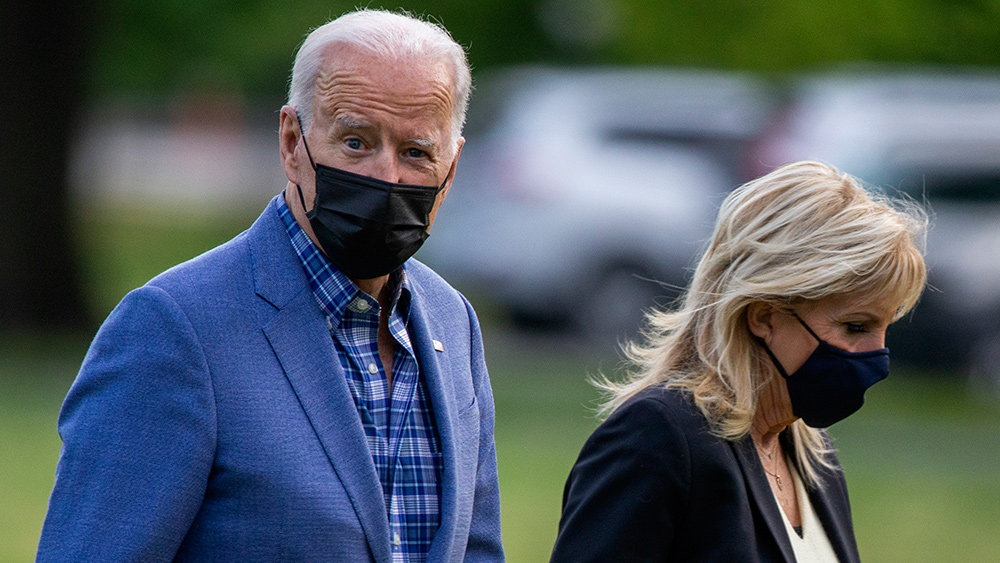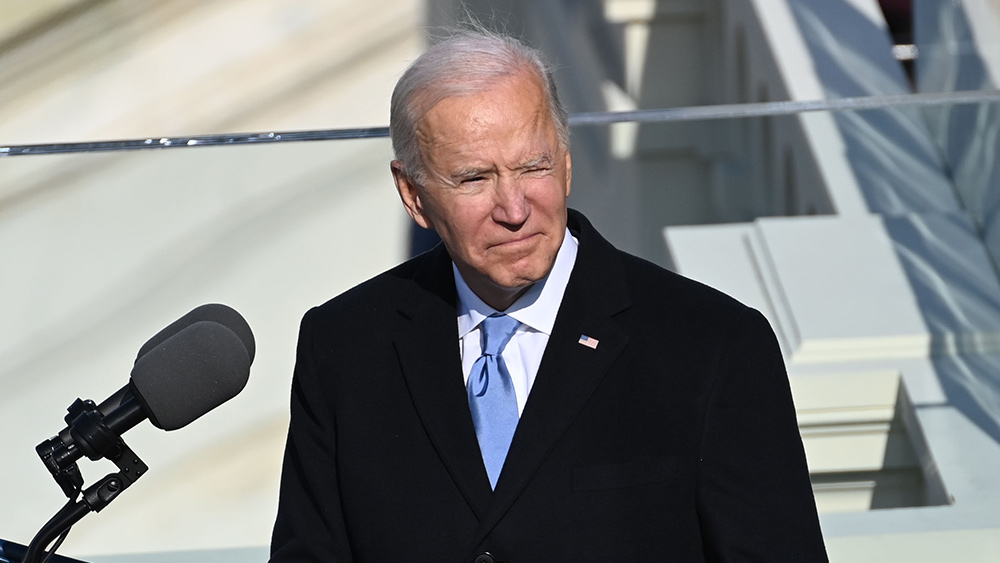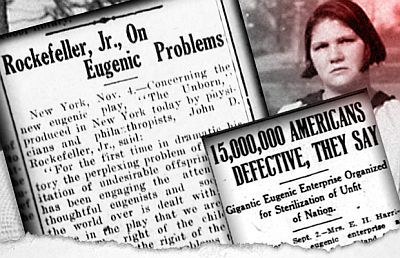 Parler
Parler Gab
Gab
CBP: Proposals developed with input from public meetings
The CBP said it would not comment on ideas that have not been formally submitted by its advisory committee, but said the group's proposals are developed with input from public meetings. One of its stated goals in creating what is dubbed a "21st Century Customs Framework" is to boost visibility in global supply chains, support ethical sourcing practices and level the playing field for domestic U.S. manufacturers. (Related: Popular "woke" and "socially conscious" brands benefiting from Uyghur slave labor - report.) But according to the International Labor Organization, the move to make manifests confidential seems to be directly contrary to the CBP's commitment, especially considering that reports by media have documented how large quantities of clothing, electronics and seafood make their way onto U.S. shelves every year as a result of illegal forced labor that engages 28 million people globally. Much of the investigative work by media publications begins with studying shipping manifests – whether it is clothing made by Uyghurs at internment camps in the Xinjiang region of China, cocoa harvested by children in the Ivory Coast or seafood caught by fishermen from the Philippines toiling in slave-like conditions. "Curtailing access to this information will make it harder for the public to monitor a shipping industry that already functions largely in the shadows," said University of British Columbia professor Peter Klein, who runs the Hidden Costs of Global Supply Chains project, an international collaboration between researchers and journalists. "If anything, CBP should be prioritizing more transparency, opening up records of shipments by air, road and rail as well." Visit Enslaved.news for more information about unfair labor practices employed to get products to the United States. Watch the video below that talks about the U.S. legalizing child labor to deal with labor shortage. This video is from the Suzie Etc- Search for Truth channel on Brighteon.com.More related stories:
Slave labor in Asia produces the shrimp found in Western supermarkets.
Five German companies sued for allegedly benefiting from Uighur slave labor.
There's blood on your phone: Tech giants linked to "slave labor" in Chinese factories.
Sources include: Breitbart.com Fortune.com Brighteon.comCitizens call on D.C. police to investigate Biden’s pedophilia
By Ethan Huff // Share
Pro-China cybergroup runs extensive campaign to suppress voter turnout in midterm elections
By Mary Villareal // Share
The Atlantic endorses sterilization, says “a limited eugenics program is warranted”
By Ethan Huff // Share
Governments continue to obscure COVID-19 vaccine data amid rising concerns over excess deaths
By patricklewis // Share
Tech giant Microsoft backs EXTINCTION with its support of carbon capture programs
By ramontomeydw // Share
Germany to resume arms exports to Israel despite repeated ceasefire violations
By isabelle // Share










